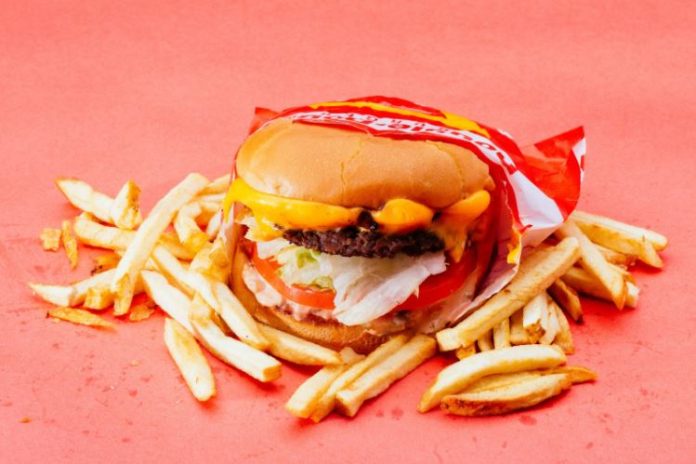It’s quick, easy, and inexpensive; it also tastes great. Every year, Americans spend approximately $50 billion on fast food, thanks to its availability and convenience. But after eating fast food it’s highly likely that you won’t feel good. Perhaps you’ll feel bloated, maybe sluggish, maybe you’ll still be hungry – or get hungry quickly – despite eating a fair amount of food. If so, you’re not alone; while most fast food is high in calories, it is low in nutrients and fiber. These processed foods also add a lot of sugar, salt, and fat to the diet. So it’s no wonder you’ll feel bad after eating it, even if it did taste good.
While the occasional drive-through meal won’t have a negative impact on your health, eating a lot of fast food can have a negative impact on your body. Here are the reasons why.
Added Sodium
With frequent fast food consumption, sodium levels can rise. Those salty, tasty fries may appear to be a treat, but consuming too much salt overtime is bad for your blood vessels and is linked to an increased risk of hypertension (high blood pressure). Too much salt can cause dangerous levels of fluid buildup if you have heart disease, chronic kidney disease, or cirrhosis. This water retention is what causes us to feel puffy or bloated after eating fast food.
Mental Health
Perhaps surprisingly, your mental health could suffer as a result of too much fast food. Fast food has a lot of added sugar, which is a big issue. Between six and nine teaspoons of sugar per day is recommended by the American Heart Association, but a 12-ounce can of soda contains approximately eight teaspoons. If you eat a lot of sugar on a regular basis, your body and brain will continue to crave it, which can lead to an addictive cycle and cause issues with your mental health.
If you want something sweet to drink that will also give you plenty of nutrients and less sugar, try some juicing recipes. This is much healthier, just as tasty, and you’ll feel good afterward.
Weight Gain
Weight gain has been linked to high consumption of processed foods such as fast food and added sugars. A single fast food meal can easily exceed your daily caloric intake. If this type of eating becomes a habit, it can lead to weight gain and breathing issues. Obesity can increase your chances of developing respiratory problems such as asthma and breathing difficulty. One study discovered a link between eating too much fast food and asthma in children.
Increased Risk Of Disease
Your stroke and heart disease risk can skyrocket when you have too much fast food. Although trans fats (the most dangerous type of fat found in fried foods, baked goods, and some shelf-stable foods) are being phased out, fast food is also high in saturated fat. Trans and saturated fats can raise your cholesterol levels, and this can cause artery-clogging, increasing your risk of stroke and heart disease. Chronic poor dietary habits and weight gain also increase your chances of developing type II diabetes.
Skin Problems
A diet high in sugar and simple carbohydrates can often cause skin problems such as acne, blemishes, and even eczema. If you eat whole foods and plenty of fruits and vegetables on a regular basis, one greasy pizza will not result in the pimple you notice a few days later. However, if you eat a lot of processed foods on a regular basis, you’ll notice a spike in blood sugar. When this happens, the body produces more insulin, which increases the production of skin cells, resulting in clogged follicles and therefore spots and other skin problems.




